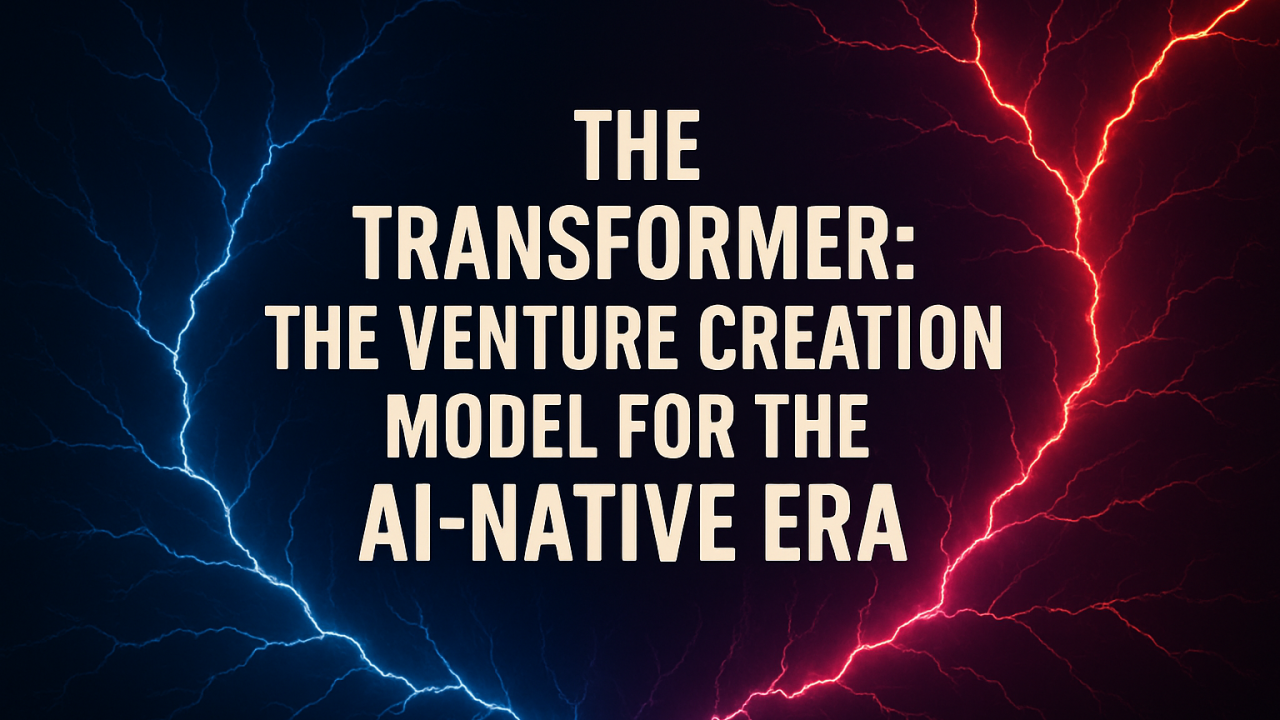Pioneering What's Next Through AI. Together.
Modern software products. Strategic AI. Built with clarity, speed and shared ambition.
Trusted by
Why choose MOHARA
This isn't theory. It's grounded in 10+ years of hands-on delivery, across sectors and stages.
Strategic clarity, built in
We bring senior product and AI thinking to every engagement. Whether you're exploring automation, new ventures, or modernising core systems — we help you make the right decisions before you commit.
Enterprise-grade, startup-fast
We've delivered products in complex environments — regulated, global, high-stakes. But we move with the focus and urgency of a startup team. That balance is rare. We've nailed it.
AI where it matters
We embed AI to supercharge delivery, simplify the way teams work, and drive better outcomes. It's built to perform: practical, powerful, and production-ready.
Delivery you can trust
We've been shipping software products for over a decade and advised teams at every stage. Our teams work in tight sprints, with full transparency, sharp tooling, and clear outcomes at every step.
Our Method: From uncertainty to working software fast.
Our implementation phases are fast, focused, and built for momentum. From day one, we bring structure and clarity that keeps teams moving and decisions sharp.
Trust Layer
Clarity before commitment.
A focused, high-trust advisory sprint to validate direction, align your team, and make confident product decisions — before you commit to build.
→ Outcome: Strategic clarity, shared alignment, and a clear go/no-go decision.
Foundation Sprint
Shape the right product — before writing a line of code.
Through our proven framework — including the Product Planning Workshop (PPW), Technical Solution Design (TSD), and targeted Problem-Solving Sprints (PSS) — we help you prioritise what matters, map user journeys, and define a build-ready scope.
→ Outcome: A structured, validated product plan — ready to move into build with speed and confidence.
Build Cycles
From plan to product — fast, clean, and focused.
Structured sprints with product, design, and engineering, building software that's ready to ship and focused on tangible progress.
→ Outcome: A functional, tested product — ready to launch, prove, or scale.
Stride Plan
Keep building, without starting over.
After launch, we stay close — evolving features, integrating AI, and supporting growth without the overhead of hiring a full team. Same squad. Same rhythm.
→ Outcome: A growing, insight-driven product — backed by the team that built it.
Trust Layer
Clarity before commitment.
A focused, high-trust advisory sprint to validate direction, align your team, and make confident product decisions — before you commit to build.
→ Outcome: Strategic clarity, shared alignment, and a clear go/no-go decision.
Foundation Sprint
Shape the right product — before writing a line of code.
Through our proven framework — including the Product Planning Workshop (PPW), Technical Solution Design (TSD), and targeted Problem-Solving Sprints (PSS) — we help you prioritise what matters, map user journeys, and define a build-ready scope.
→ Outcome: A structured, validated product plan — ready to move into build with speed and confidence.
Build Cycles
From plan to product — fast, clean, and focused.
Structured sprints with product, design, and engineering, building software that's ready to ship and focused on tangible progress.
→ Outcome: A functional, tested product — ready to launch, prove, or scale.
Stride Plan
Keep building, without starting over.
After launch, we stay close — evolving features, integrating AI, and supporting growth without the overhead of hiring a full team. Same squad. Same rhythm.
→ Outcome: A growing, insight-driven product — backed by the team that built it.
Built with trust. Proven by results.
From regulated enterprises to AI-native startups, we've helped teams launch internal tools, AI-powered platforms, and entirely new ventures — always with clarity, speed, and outcomes that stand up to scrutiny.
Acolyte AI
Built a comprehensive AI-powered healthcare platform from concept to launch — enabling smarter patient care and streamlined clinical workflows in record time.
"MOHARA transformed our vision into reality. Their expertise in AI and healthcare made all the difference."
Evo
Developed a complete suite of digital products, apps and AI engines — helping build EVO into a world-beating start-up with cutting-edge technology.
"We've developed a great relationship with MOHARA. They've shown dedication and vision, helping us to build our suite of digital products, apps and AI engines on our journey building EVO into a world-beating start-up."
Stealth Fintech Startup
Built a working MVP in under 30 days — giving the founder real users, real feedback, and traction that led to investment.
"They brought clarity to chaos. It felt like progress from day one."
Ready to move?
Insights from the team
On AI, clarity, and product delivery.
Upcoming Events
Join us for discussions on product development, AI strategy, and industry insights.


